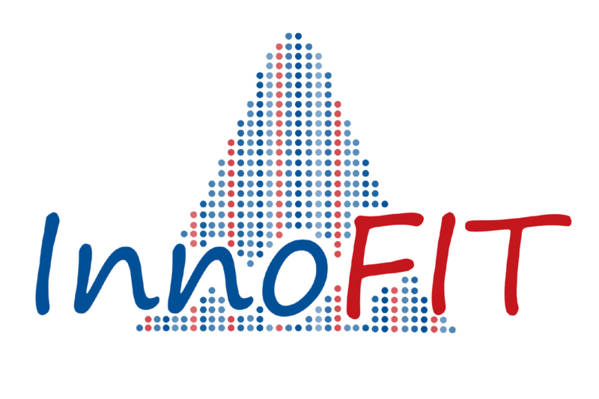Improvement of forecasting processes and planning quality with the use of information technologies to increase the competitiveness of Austrian companies in the global market.

Lack of information exchange between customers and suppliers leads to overproduction, high levels of stock and overtime. Furthermore, it can result in a loss of customers and additional transport costs. The quality of planning and handling of information can significantly influence these key aspects and therefore potentially increase the competitiveness of Austrian companies in the global market.
The goal and content
InnoFIT aims to improve the quality of forecasts and as a result long-term production planning through the use of innovative forecasting tools.
The fourth industrial revolution (Industry 4.0) has brought advances and further development in information technologies. The classic “Enterprise Resource Planning“ (ERP) systems will be offered as “Software as a Service“ (SaaS), while „Electronic Data Interchange“ (EDI) will be extended with the use of the “Internet of Things“ (IoT), and passive objects/products will potentially be supplemented by the “Smart Objects“. The topics such as data consistency, distributed intelligence and decentralised “on-demand” data availability as well as general growth of information volumes within and between the supply chains can contribute to the improvement of the entire value chain. In particular, with respect to the forecasting process, these potentials are currently not utilized in practice.
Recognising the potential by means of simulation
The InnoFIT project utilizes the advantages of novel information technologies to improve the quality of forecasts. Methodically this means the development of analytical closed models for simple problem structures as well as heuristics for more complex problem structures. The potential for improvement of these new tools will be determined by simulation studies of realistic production structures. Subsequently, the developed forecasting tools will be used by the industrial partners in consecutive pilot projects under real-life conditions.
New forecasting tools
The project investigates the impact of forecast quality and information uncertainty in the information exchange on hierarchical planning. Moreover, with the use of information technologies the improved forecasting tools or demand adjustment methods will be developed. The developed tools will improve the logistics potential, for instance, achieving the same delivery reliability with less inventory and less use of resources.
RISC Software GmbH as the implementation partner is involved from the project start to ensure a possible prototype implementation after the project. The results of the project implementation will be made available to the Austrian companies as a guideline for the forecast improvement and will be tested by RISC Software GmbH after the end of the project.
Cooperation
The St. Pölten University of Applied Sciences as a scientific partner is responsible for the production planning and simulation implementation, and the University of Applied Sciences Upper Austria, Campus Steyr for customer order analysis and analytical modelling. RISC Software GmbH is responsible for the evaluation of the implementation. The industry partners of the project, which will evaluate the developed methods, are NKE, ZF, MWS and Lecapell.
You want to know more? Feel free to ask!
Academic Director Smart Engineering (BA)
Member of the UAS Board from 2023 to 2026
Department of Media and Digital Technologies
- UAS Upper Austria, Campus Steyr (Priv. Doz. FH-Prof. DI (FH) Klaus Altendorfer PhD)
- RISC Software GmbH
- NKE
- ZF Steyr
- MWS Hightec GmbH
- Lecapell

